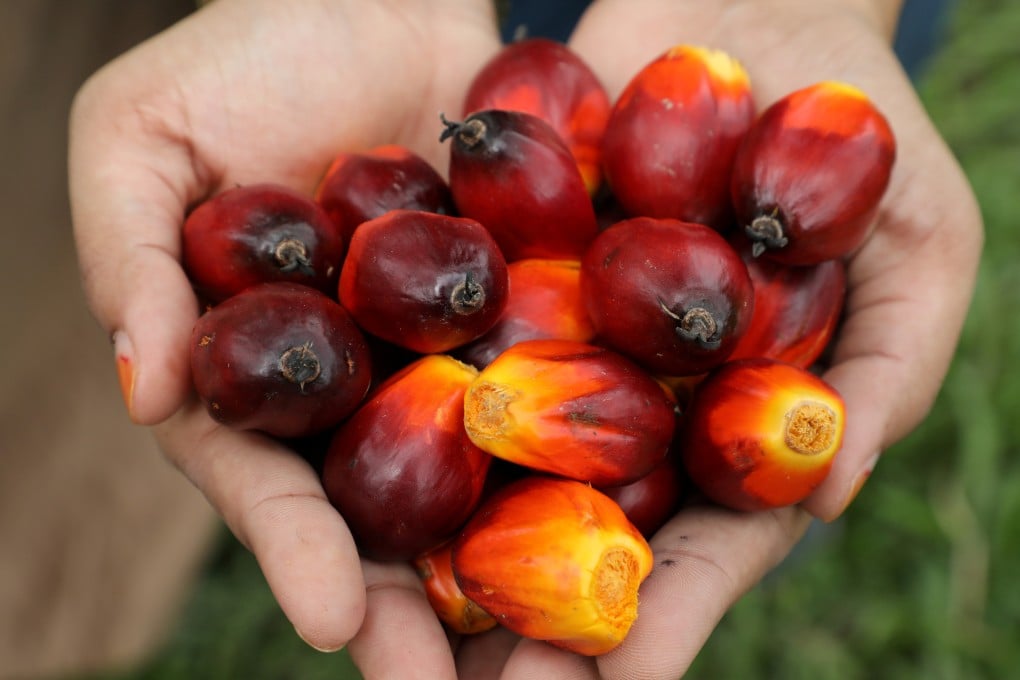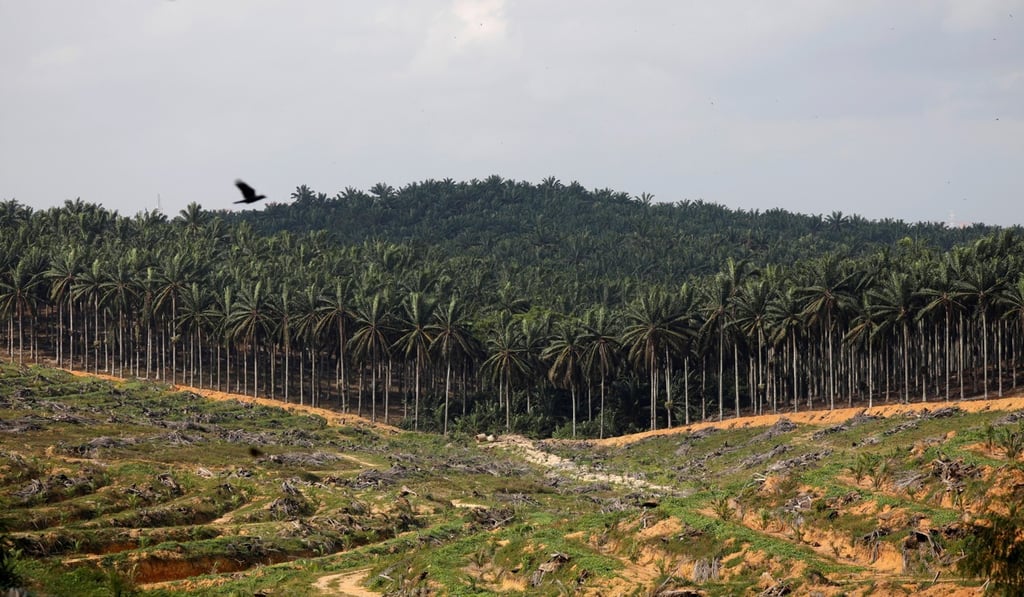Malaysia draws battles lines with EU over palm oil, focusing on public relations blitz
- Government complaint filed at WTO says Europe’s anti-palm oil measures create ‘unreasonable trade barrier’
- But analysts said that to win the battle at the WTO, Malaysia must up its PR game and show it has eliminated abuses within the industry

But in order to win the battle and safeguard its status as the world’s second-largest producer of palm oil, Malaysia must first make a more persuasive argument for its continued use as a sustainable product, which analysts said it could do by clearing up misperceptions surrounding the industry and opting for a more forward-looking public relations strategy.
In filing the complaint, Plantation Industries and Commodities Minister Khairuddin Aman Razali criticised the EU for its stance, saying in a statement earlier this month that it had failed to consider Malaysia’s views on the matter, despite the country giving feedback and deploying economic and technical missions to Europe to find a resolution.
The EU’s imposition of anti-palm oil measures – it has classified palm oil as having a high risk of displacing food crops – amounted to discriminatory action against Malaysia‘s most valuable commodity crop, he said.
“This will cause the usage of palm oil for biofuels in the EU to be excluded from its renewable energy target and thus create an unreasonable trade barrier against the country’s palm oil industry,” he said, explaining the nature of the legal action.

